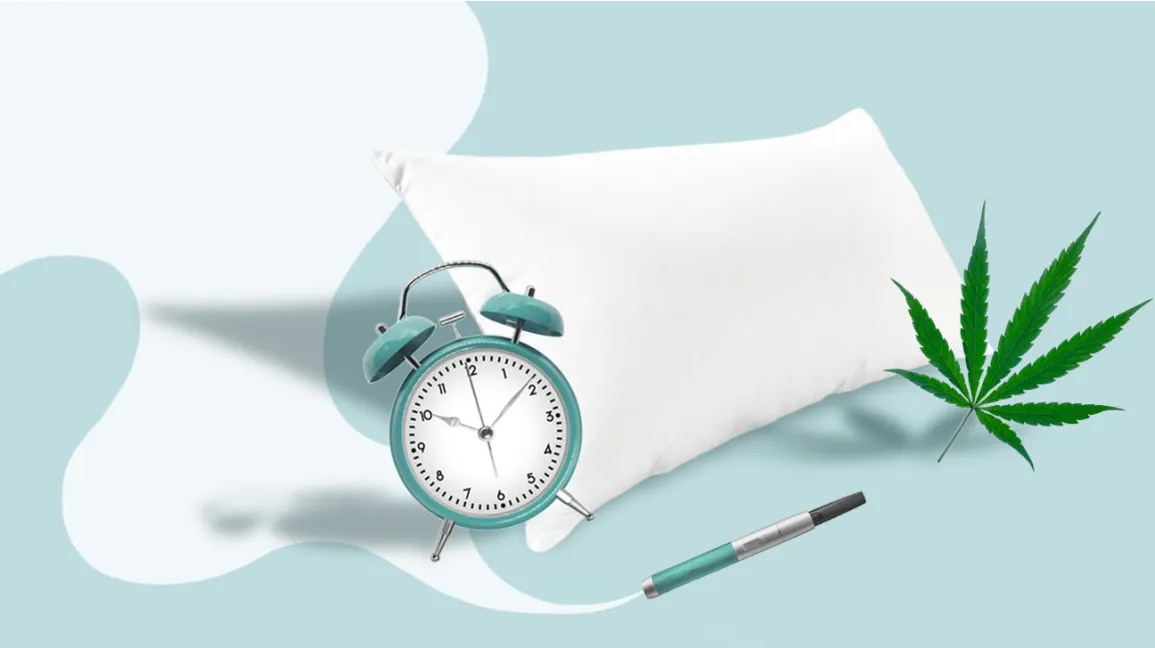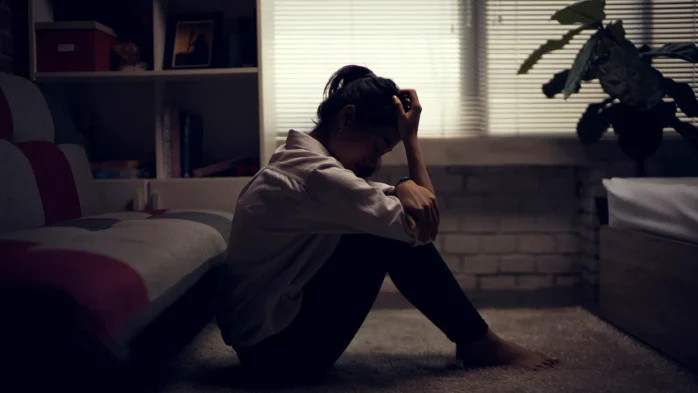
The case for CBD as the ultimate customizable wellness aid just got stronger. Clinical research points to the idea that CBD (Cannabidiol) is an effective initial treatment for chronic pain, stress, anxiety, depression, and insomnia. In a paper published in August of 2025 on tetrahydrocannabinol (THC) and Cannabidiol medicines for chronic pain and mental health conditions, researchers lay out the diverse benefits of CBD oil for better sleep, improved mood, and pain relief.
While many people are at least familiar with the existence of CBD products, they may not be aware of the fact that the body’s endocannabinoid system (ECS) actually releases natural cannabinoids called endocannabinoids to help restore balance. CBD products recreate this boost “on demand” during times of stress, anxiety, or pain.
According to Pia Carlson of Cannabiva.com, the increase in clinical studies showing positive research results has further amplified interest in an already burgeoning cannabis market.
“We are seeing people from all walks of life and with a variety of everyday wellness concerns reach out to learn how Cannabiva CBD can help them find balance and feel better.”
Carlson says that even people who have long associated CBD with the stigma of marijuana are starting to realize that CBD offers a radically different approach to natural medicine.
CBD is extracted from hemp — defined as cannabis containing less than 0.3% THC — so it interacts with the body in a totally different way than marijuana extracts.
How does CBD affect the body?

It has long been understood that CBD is pharmacologically active and interacts with receptor sites in the body’s endocannabinoid system (ECS). The ECS is a neuromodulatory network that is responsible for stress tolerance, mood balance, pain sensitivity, immune response, temperature regulation, memory, appetite, and other vital core functions.
CBD increases cannabinoid receptor signaling in the ECS, which reduces synaptic transmission in areas of the central and peripheral nervous systems. This mechanism of action can lead to analgesic effects that soothe inflammatory factors known to trigger neuropathic pain (tingling, prickling, burning, or numbness) and nociplastic pain (migraine, fibromyalgia, irritable bowel syndrome, or pelvic pain syndrome). The tolerability and safety of CBD enhance its profile as an appropriate initial treatment.
While CBD shows promise for aiding in overall wellness, it’s especially promising when it comes to helping people regulate five specific areas of concern.
Anxiety
CBD can be an effective natural treatment for the 40 million adults in the United States living with an anxiety disorder.
In one study, patients living with social anxiety disorder (SAD) found that a single 400 mg to 600 mg dose of CBD significantly decreased symptoms of performance discomfort, anxiety, and cognitive impairment. In a 2019 study looking at the effects of repeated Cannabidiol treatment in teenagers with social anxiety disorder, researchers found that four weeks of daily 300 mg CBD treatments significantly reduced anxiety. Another clinical trial found that a lower dose of just 25 mg of CBD daily was also effective.
Stress
The ECS is an ideal target for constraining the magnitude and duration of the stress response according to researchers. CBD has been found to reduce the size of the stress response, return cortisol to base levels, and neutralize the ongoing stress response after exposure to stimuli. What’s more, seven double-blind placebo controlled clinical trials show that CBD is a safe and effective treatment for everyday stress.
Depression

While three open-label clinical trials on a total of 434 participants each found that CBD significantly decreased depressive symptoms, the science behind CBD benefits for depression is still emerging. A study on animal models from 2019 was able to confirm that CBD induces what researchers called a “fast and sustained antidepressant-like effect.” In addition to potentially being more effective than many commonly prescribed antidepressants, CBD may also help people to get relief without dealing with a long list of antidepressant side effects that includes sexual dysfunction, mood swings, and agitation.
Insomnia
Can CBD really help you sleep? When researchers gave 160 mg of CBD to participants suffering from insomnia as part of a 2019 large case series, they found that sleep duration improved significantly above placebo. While researchers are still connecting the dots on why CBD leads to better sleep, it may be linked to the endocannabinoid system’s role in regulating circadian rhythms. In addition, CBD’s effects on pain and anxiety may help people to enjoy restful sleep without disruption.
Pain
While CBD has been used medicinally for pain around the world for thousands of years, Western medicine is just now discovering the science behind CBD’s benefits for chronic pain management. A 2025 survey on Cannabidiol as a treatment for chronic pain found that most participants expressed a positive attitude about CBD products as a treatment option, reported positive outcomes when using CBD for different conditions, and would prefer to obtain more information about CBD as a treatment option for their wellness concerns. However, the type of cannabis-based product used may determine the extent of the relief experienced. Full-spectrum CBD that contains what researchers refer to as a “synergistic” blend of CBD, THC, CBN, CBG, terpenes and other cannabinoids may be more effective for targeting ECS receptor sites responsible for managing different types of pain within the body. A synergistic effect refers to the way that combining major and minor cannabinoids significantly increases the activity of receptors when compared to using a single compound.
Final Thoughts on the Latest Research

One of the most interesting takeaways from recent research on CBD for wellness is that CBD users have been able to get relief using dosage strengths ranging from 25 mg to 1,500 mg. This shows that there is lots of room for customization when using CBD to address symptoms of varying intensity. Even a single dose was enough to provide noticeable relief in some cases.
Carlson has a suggestion for first time users who may be unsure of how to start taking CBD.“We understand that our customers are excited to try CBD for the first time and often want to jump right in. At Cannabiva we recommend users start low and go slow. Try it for a few days at a lower dose, see how your body responds, and adjust accordingly until you reach a dosage level that works for you.”
The Cannabiva website offers a convenient dosage chart to help users find the right dose based on a number of factors, including body weight.
But the amount of CBD a user takes isn’t the only thing to consider.
The clinical data makes it clear that sustained use with predictable dosage frequency over multiple weeks offers the best option for managing wellness concerns.
CBD is helping countless people find relief using tailored products that don’t produce the same risks and side effects as many commonly prescribed medications. That’s worth investigating on a personal level for anyone seeking a holistic path to balance.











